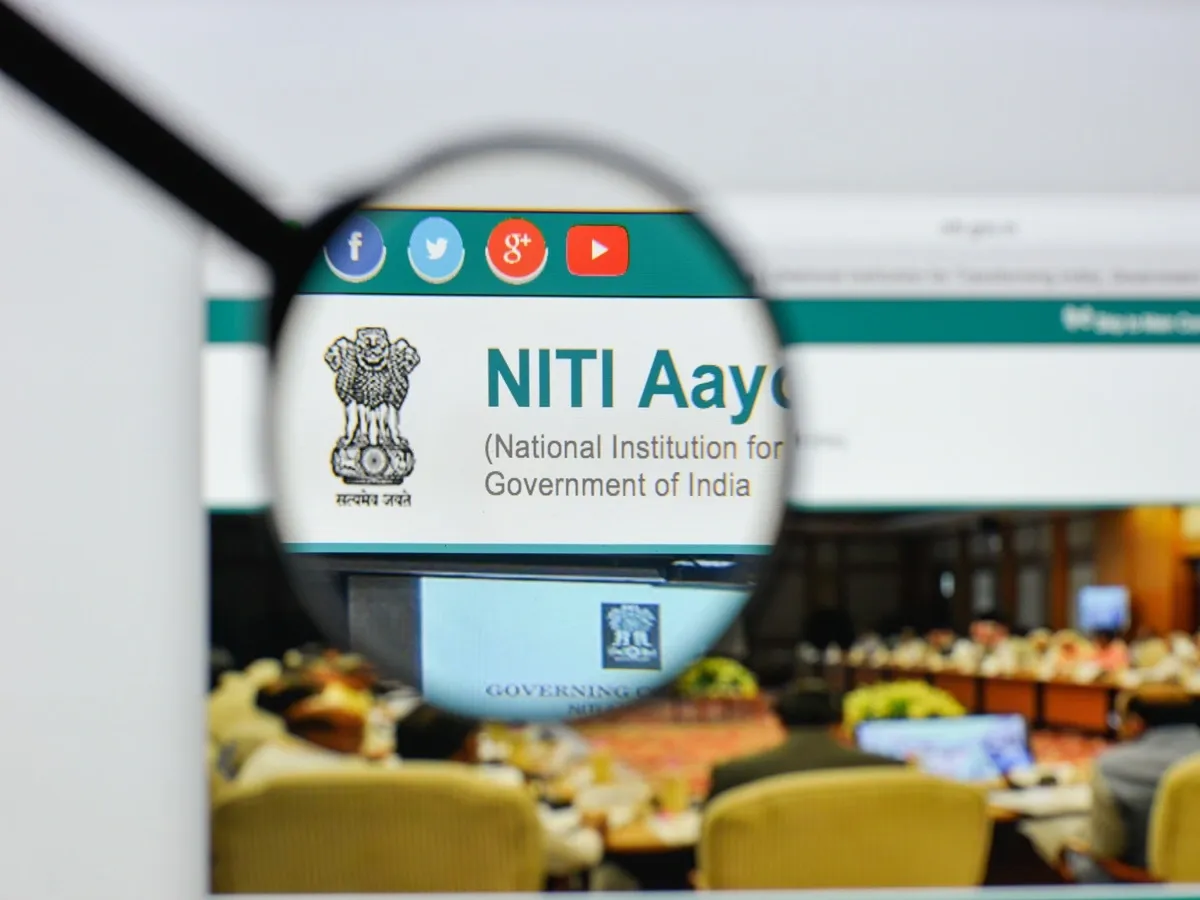Business News
NITI Aayog pitches presumptive tax regime for foreign investors to cut disputes, boost FDI
.png)
3 min read | Updated on October 03, 2025, 21:10 IST
SUMMARY
The presumptive taxation scheme would let multinational companies declare income at prescribed margins on gross receipts in exchange for relief from maintaining audited books, while retaining an opt-out option for firms that prefer regular tax filings.

NITI Aayog, in a working paper, said the optional presumptive taxation scheme would help resolve disputes concerning PE (permanent establishment), simplifying compliance and protecting revenue.
The government think tank Niti Aayog has called for sweeping reforms to reduce tax uncertainty faced by foreign investors in India, including the introduction of an optional presumptive taxation scheme in a bid to cut disputes over permanent establishment (PE) rules and profit attribution.
The paper, part of the NITI Tax Policy Working Paper Series–I, noted that ambiguities in India’s PE rules and inconsistent approaches to profit attribution have long created compliance burdens and prolonged litigation for multinational companies.
The proposal argues that predictable tax rules are critical for sustaining foreign direct investment (FDI) and portfolio inflows, which have been key drivers of India’s growth.
Foreign investors often face protracted litigation, shifting interpretations of PE rules and inconsistent profit attribution methods, leading to higher compliance costs and deterring investment, the paper noted.
It said disputes over PE can take 6 to 12 years to resolve, tying up capital and raising risks for global companies.
The centrepiece of the proposal is an optional presumptive taxation regime, under which industry-specific profit margins would be deemed taxable on gross receipts earned in India.
A company opting for this scheme can declare income at a prescribed rate; in lieu of that, it is relieved from maintaining books of accounts for audit by tax authorities.
This would allow foreign companies to opt in for simplicity and certainty.
If the company believes its actual profits attributable to India are lower than the presumptive figure, it can opt out and file a normal tax return with supporting audited Indian books.
“This opt-out mechanism ensures the scheme aligns with tax treaties and the principle of taxing only “actual” profits, ensuring fairness,” it said.
It also recommended that tax authorities should not separately litigate the existence of a PE for that activity, providing a critical safe harbour.
The paper said the government should train tax officers to apply rules consistently, particularly on complex digital and cross-border cases, reducing subjectivity.
The paper argued that the model balances India’s sovereign taxing rights with investor confidence, potentially boosting revenue even if the deemed rates are slightly higher than actual profits in some cases.
“This pragmatic approach represents a strategic compromise for market jurisdiction taxing rights. Instead of engaging in endless battles over complex attribution, India offers a simplified, pre-defined tax burden,” the report said.
The working paper suggested that the Finance Ministry could set up a group to draft provisions, consult industry and treaty partners, and consider including the framework in an upcoming Finance Bill.
Releasing the paper, Niti Aayog CEO BVR Subrahmanyam says, "A stable, certain, and predictable tax regime is critical for both investment and economic growth. Uncertainty is not good for investors or business".
Subrahmanyam said the country has a goal of becoming Viksit Bharat by 2047, which requires it to grow at a rapid pace, create enough jobs for our people, and all that requires investment and a very predictable business situation.
By signing up you agree to Upstox’s Terms & Conditions
About The Author
Next Story

